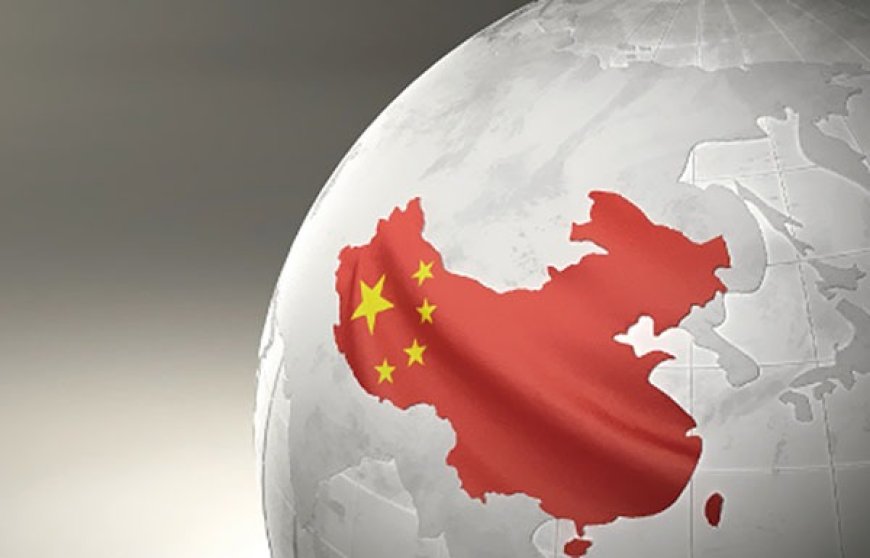China Economic Growth: Achieving 5.2%, Facing Slowest Pace in Over 30 Years
China's GDP Growth of 5.2% Reflects Its Slowest Performance in Three Decades.

In a recent report, China's National Bureau of Statistics shared that the country's Gross Domestic Product (GDP) expanded by 5.2%, reaching 126 trillion yuan ($17.6 trillion) last year. While this growth met expectations and surpassed Beijing's target, it stands as one of the slowest rates in over three decades, facing challenges from a severe property crisis, slow consumer spending, and global uncertainties.
Although the 5.2% growth is an improvement from the three percent recorded in 2022 during strict zero-Covid measures, it represents the weakest performance since 1990, excluding pandemic years. While other governments might envy a 5.2% growth rate, it's notably lower than the consistent six or seven percent levels experienced in the 2010s.
After easing Covid measures at the end of 2022, Beijing aimed for "around five percent" growth last year. Despite an initial post-pandemic rebound, the economy lost momentum due to low confidence among households and businesses, impacting consumer spending. Last month's data showed deflation for the third consecutive month, likely deepening consumer reluctance to spend.
Tensions with the United States and efforts by Western nations to reduce dependence on China have also affected growth. These figures remain essential for insights into the world's second-largest economy, with officials set to release their growth target for 2024 in March.
NBS Commissioner Kang Yi described the recovery as an "arduous task" in 2023. Other data painted a bleak picture, with only a one percent growth between the third and fourth quarters, reflecting the real-time economic situation. December witnessed a slowdown in retail sales, a key indicator of household spending, and a slight increase in unemployment to 5.1 percent.
China's population decline accelerated in 2023, posing challenges amid a looming demographic crisis. Despite Premier Li Qiang painting a bullish picture of the economy at the Davos meeting, risks persist, particularly in the real estate market and job opportunities for the country's youth.
"The economy limped to calendar's end," remarked Shehzad Qazi, managing director of China Beige Book. "Any true acceleration next year will require either a major global upside surprise or more active government policy."
Also Read: China Records Steep Drop in Foreign Investment, Hitting a Four-Year Low































































